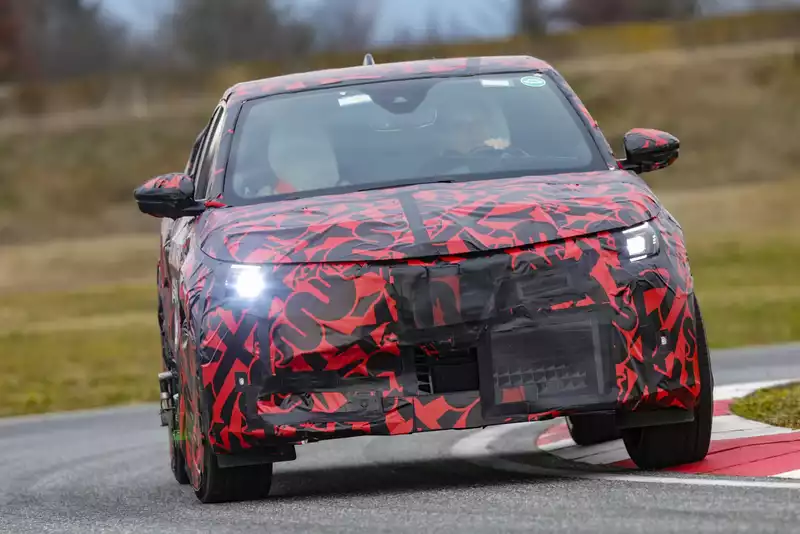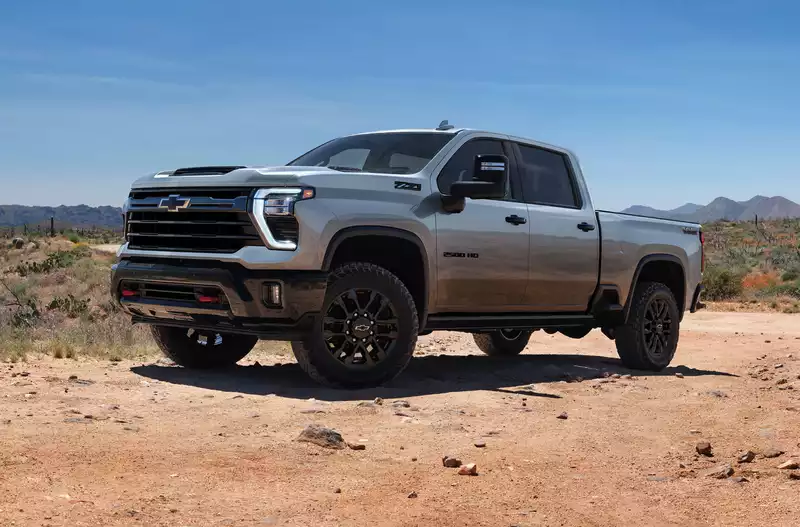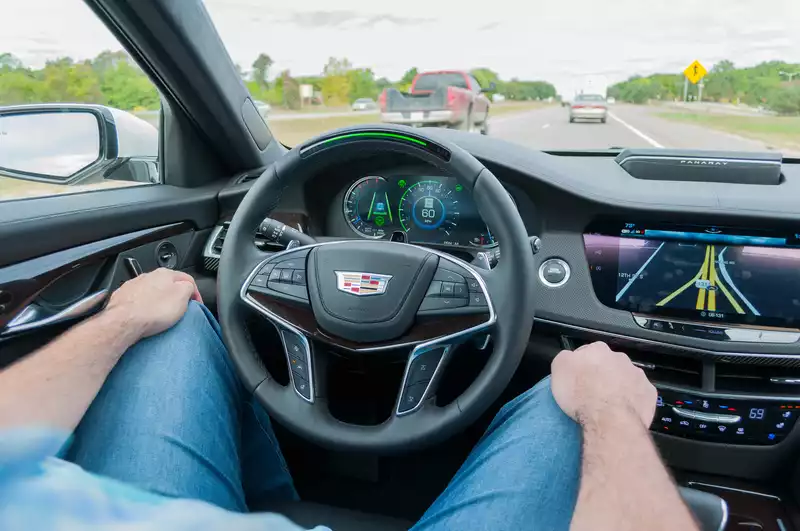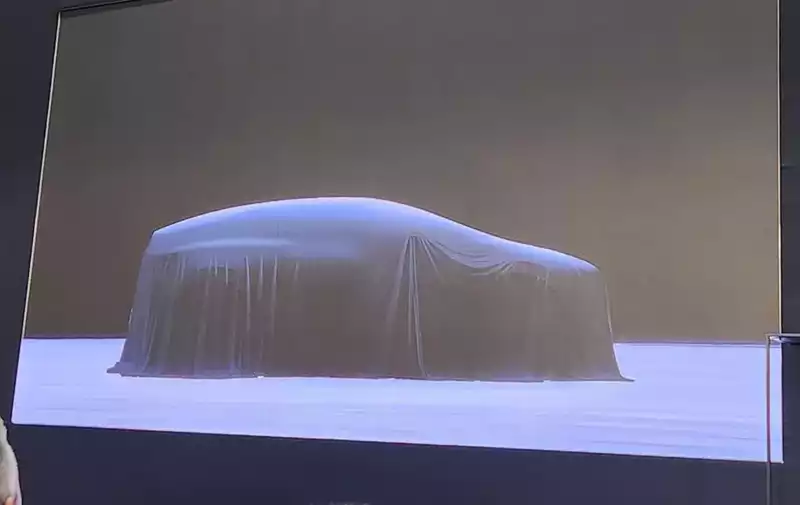Freddie Mercury's 1974 Rolls-Royce Silver Shadow to be auctioned
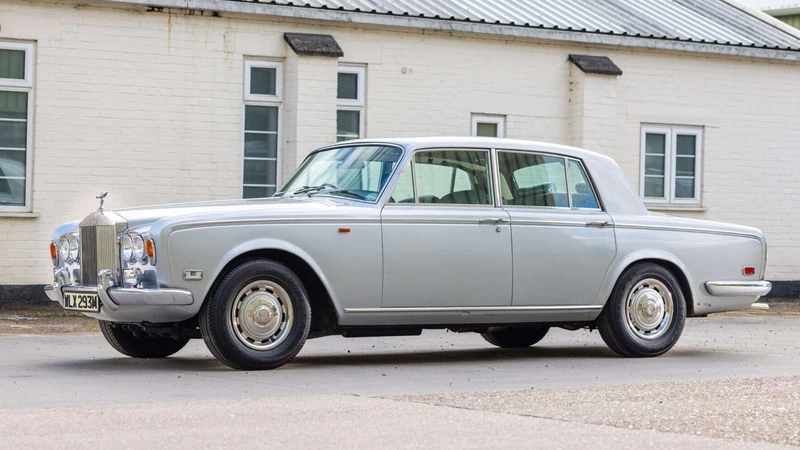
A 1974 Rolls-Royce Silver Shadow owned by Queen frontman Freddie Mercury will be auctioned by RM Sotheby's on November 5.
The sedan, painted in Silver Challis, was registered in the UK when new, but did not enter Mercury's orbit until 1979, when it was purchased by Goose Productions, the rock star's production company, according to the seller. Mercury was apparently chauffeured in this Rolls, but since he apparently never obtained a license, he probably never drove it himself.
Attached to the car are documents supporting his relationship with Mercury, including a workshop invoice in Singer's name, other documents in the name of his former partner, Mary Austin, and a letter from longtime Queen manager Jim Beach confirming Mercury's ownership.
The Silver Shadow, produced from 1965 to 1980, was a major technological step forward for Rolls. Instead of the previous body-on-frame construction, the Shadow (and the related Bentley T-series) featured unibody construction and a hydraulic self-leveling suspension system licensed from Citroën.
Power came from a Rolls-Royce/Bentley L-series V-8, 6.3 liters when the Silver Shadow was launched, later expanded to 6.8 liters (this car was the larger displacement version). A modified version of this engine with electronic fuel injection and turbocharging remained in production until 2020.
After Mercury's death in November 1991, Silver Shadow was driven by the late rock star's sister Casimira Cook and purchased from the Freddie Mercury Estate in 2003. It was then auctioned in 2013 and purchased by the current owner. The listing states that the car has been in storage for some time and needs to be inspected before being driven.
RM Sotheby's estimates that the Silver Shadow will sell for GBP 20,000-30,000, equivalent to $22,539-$33,808 at the current exchange rate. Even this relatively low estimate likely reflects the car's celebrity connections. The Silver Shadow was relatively common for a Rolls-Royce due to its long production run, and as such, its value has never been particularly high.
